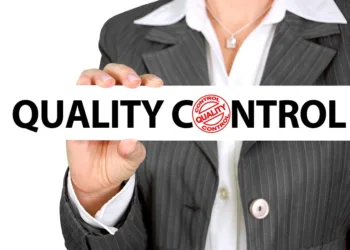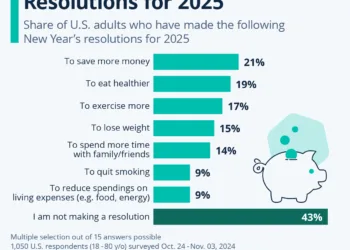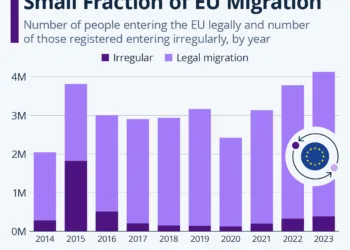Understanding the Global Landscape of Net-Zero Goals
As climate change continues to challenge our planet, many nations are stepping up to the plate, making commitments to achieve carbon neutrality. These pledges are essential for mitigating the effects of greenhouse gas emissions, yet the effectiveness and transparency of these commitments vary significantly globally. This blog delves into the details of these net-zero goals, their implementation, and the overall impact on global emissions.
The Surge in Net-Zero Commitments
In recent years, around half of the world’s countries, responsible for approximately 80 percent of global greenhouse gas emissions, have declared intentions to reach carbon neutrality by this century. A significant number of these nations aim to achieve this ambitious target by the years 2050 or 2060. This surge in net-zero commitments reflects an urgent recognition of the climate crisis and the necessity for high-stakes action.
The Quality of Climate Action Plans
While the number of countries committed to net-zero goals is promising, the real question lies in evaluating the quality of their plans. The Climate Action Tracker, an independent research organization, has assessed these commitments and their transparency.
Acceptable Plans
Currently, only 7 percent of global emissions come from countries that possess acceptable climate action plans. Notable examples of these nations include:
- United Kingdom
- Colombia
- Chile
- European Union
These countries have demonstrated a clear and actionable strategy for reaching their net-zero goals, showcasing a strong commitment to transparency and accountability.
Average Plans
Around 21 percent of emissions are associated with countries that have average-rated plans. Major economies included in this category are:
- Canada
- United States
- Germany
- South Korea
- Nigeria
While these nations have made progress in formulating plans, their strategies may lack the robustness and clarity necessary to ensure success in achieving net-zero emissions.
Poor Quality Plans
A significant concern arises from the fact that almost 50 percent of emissions are linked to countries with poor-quality plans. This category includes major polluters such as:
- China
- India
- Japan
- Russia
- Australia
- Saudi Arabia
These countries are either lacking substantial frameworks to guide their emissions reductions or have made commitments that appear to be non-binding or vague. The absence of effective plans raises serious questions about their potential to meet climate targets and can undermine international efforts to combat climate change.
Insufficient Data and Unrated Plans
For another 7 percent of emissions, the researchers at Climate Action Tracker found insufficient data to adequately rate the quality of provisions. Countries in this category include:
- Morocco (net-zero by the end of the century or earlier)
- Ethiopia (targeting 2050)
- Brazil (targeting 2050)
- Indonesia (targeting 2060)
The lack of detailed data from these nations may reflect either an emerging commitment landscape or a need for more rigorous reporting standards to assess their true impact on global emissions.
Countries Without Net-Zero Targets
Interestingly, there remains a global emission share of 5 percent from countries that do not yet have a net-zero target in place. This group includes:
- Mexico
- Norway
- Egypt
- Iran
- Philippines
These nations’ absence from the net-zero commitment framework not only highlights gaps in the global approach to climate action but also presents opportunities for advocacy and engagement to bring them into the fold of climate responsibility.
Implications of Varied Commitment Quality
The disparity in the quality of net-zero plans across different countries poses substantial challenges for collective climate action. Global cooperation and effectiveness in combating climate change are heavily reliant on not just commitments but also the transformative plans underpinning these pledges. The interaction between countries with robust commitments and those with minimal or ineffective strategies creates a complex web of responsibility and action that needs navigating to ensure a sustainable future.
In summary, while the momentum towards net-zero goals is undeniably encouraging, the paths each country is taking reveal a patchy landscape of climate action. It’s imperative for nations to not only commit to targets but also develop and implement transparent, solid, and effective strategies that can yield real, measurable outcomes in the ongoing battle against climate change.









